How can the Legislative Yuan accelerate SDGs in Taiwan?
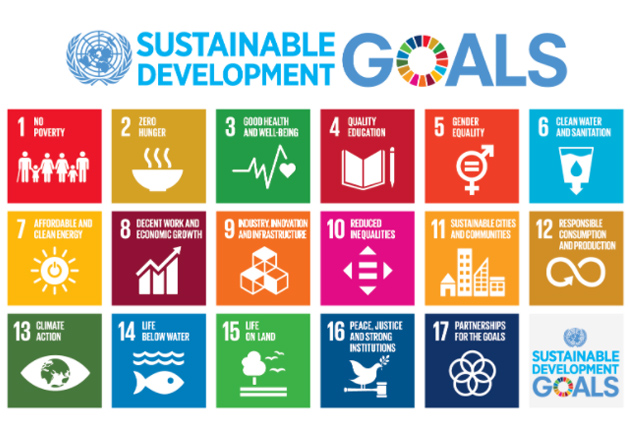
Source:The UN's website
Climate change is no longer simply an environmental issue, but also an economic matter. To ensure that the administration is more responsive to the climate crisis, the UN SDGs Advisory Council has four major tasks.
Views
How can the Legislative Yuan accelerate SDGs in Taiwan?
By Tsai Chi-changweb only
As the highest level of representative institution in Taiwan, the Legislative Yuan (LY) is responsible for overseeing executive branch agencies and its proper expenditure. When it comes to the increasingly important and urgent topic of sustainable development, LY will certainly do its part and be the biggest promoter to help Taiwan meet the UN Sustainable Development Goals (SDGs).
In February 2021, the UN Sustainable Development Goals Advisory Council of the LY held a joint press conference with Legislator Hung Sun-Han, declaring its determination to facilitate net zero carbon emissions for Taiwan by 2050. To reach the goal, more than ten cross-party legislators called for the amendment of the “Climate Change Action Act”. This is an example that the LY is leading the action to drive the country to progress.
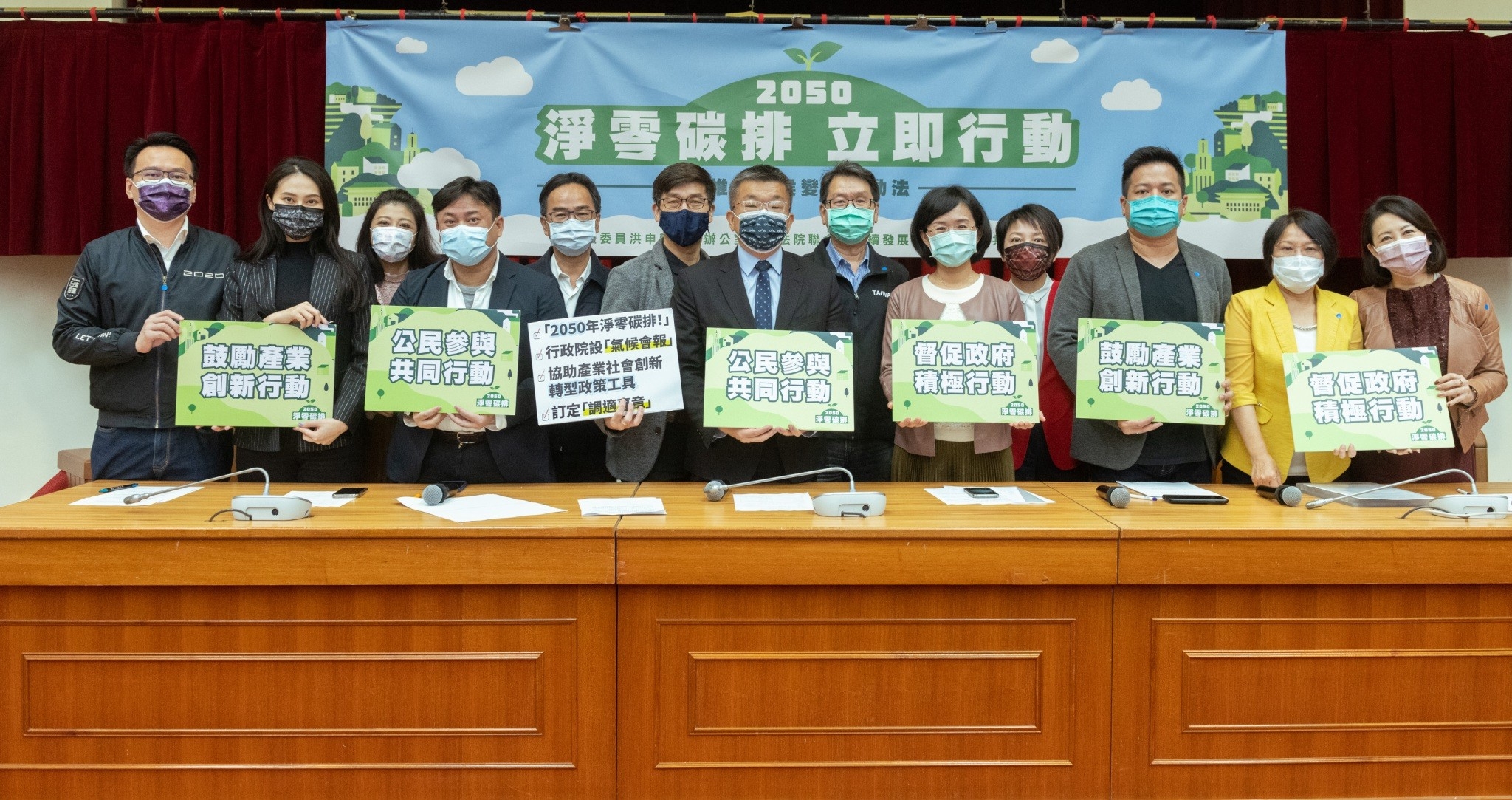 (Source: Tsai Chi-chang)
(Source: Tsai Chi-chang)
Climate change is no longer simply an environmental issue, but also an economic matter. Once the international society adopts carbon tariffs in the near future, Taiwanese corporations risk losing their competitive advantages in the international market if they fail to meet low-carbon regulations. Therefore, although the administration is actively working on energy transition in recent years, the LY must further ensure that the administration is more responsive to the climate crisis.
Certainly, for human society to develop sustainably, the tasks we should address are much more than just climate change.
In 2015, the United Nations published 17 SDGs. The UN states that developing sustainably is an issue all countries must face regardless of its income level, religion, and political system. Moreover, the UN has drawn its attention away from assisting the developing countries and shifted its focus on promoting universal development simultaneously in the economy, society, and environment instead. The UN’s objective is to integrate the three fundamental dimensions – economic development, social equity, and environmental protection in a balanced manner, and to leave no one behind.
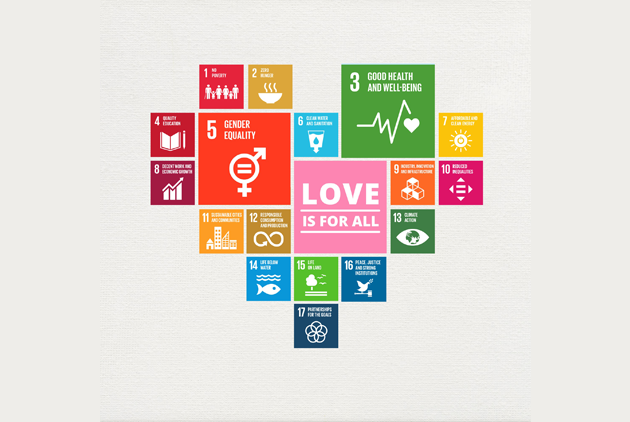 (Source: the UN SDGs Advisory Council of the Legislative Yuan's facebook)
(Source: the UN SDGs Advisory Council of the Legislative Yuan's facebook)
The reason why I established the UN SDGs Advisory Council of the Legislative Yuan is to ensure Taiwan’ determination to move forward on its path to reach the SDGs. Currently, we have a total of 29 legislators who became members.
The UN SDGs Advisory Council has four major tasks. First, we will use our oversight power to supervise and review the administration to make sure its policies correlate to the SDGs. The policies must be concrete and evidence-based. We will examine the policies regularly to ensure its implementation.
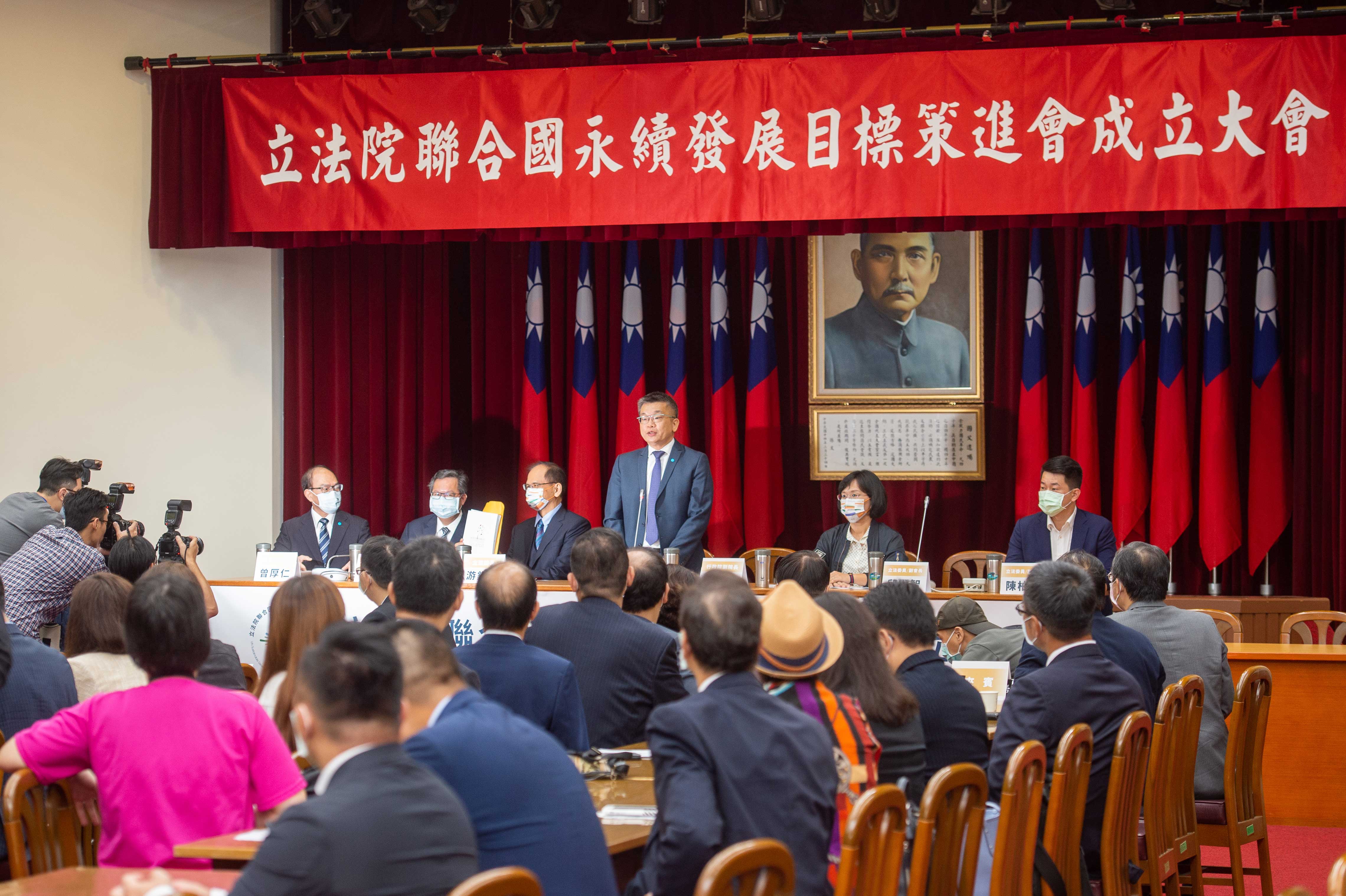
(Source: Tsai Chi-chang)
Second, the UN SDGs Advisory Council aims to function as a platform for social cooperation. To achieve the SDGs, we can not rely on the government, but we need collaborative efforts from the private and public sectors, the social groups, and all the citizens. By playing different roles, we can gather all the resources and advantages. Through partnership, we can multiply our success.
Third, by promoting the SDGs, the council can also promote congressional diplomacy. The importance of SDGs is recognized globally. Take climate change as an example, as COP26 is slated for November, more and more countries are renewing mid-term goals for emission cuts. For example, South Korea has declared the goal of carbon neutrality by 2050 as the Biden administration has returned to the Paris Agreement and set the goal of zero carbon emission by 2050. Under the sustainable development topic, Taiwan can interact with foreign governments, parliaments, and private sectors. This can help Taiwan expand its international participation as well as exchange experiences with other countries.
Furthermore, the UN SDGs Advisory Council acts as the bridge for cooperation between central and local governments regarding sustainable issues. With visits to the municipalities, we could better understand the difficulties local governments face during implementation of the SDGs. Then, we could carry out our duties to coordinate and review agency correspondence, checking the alignment of policies and legislation.
Lastly, sustainability is a lot more than just a slogan or some moral requirement. It calls for a sea change that will apply to all of us and could be incorporated into every aspect of our everyday life.
About the author:
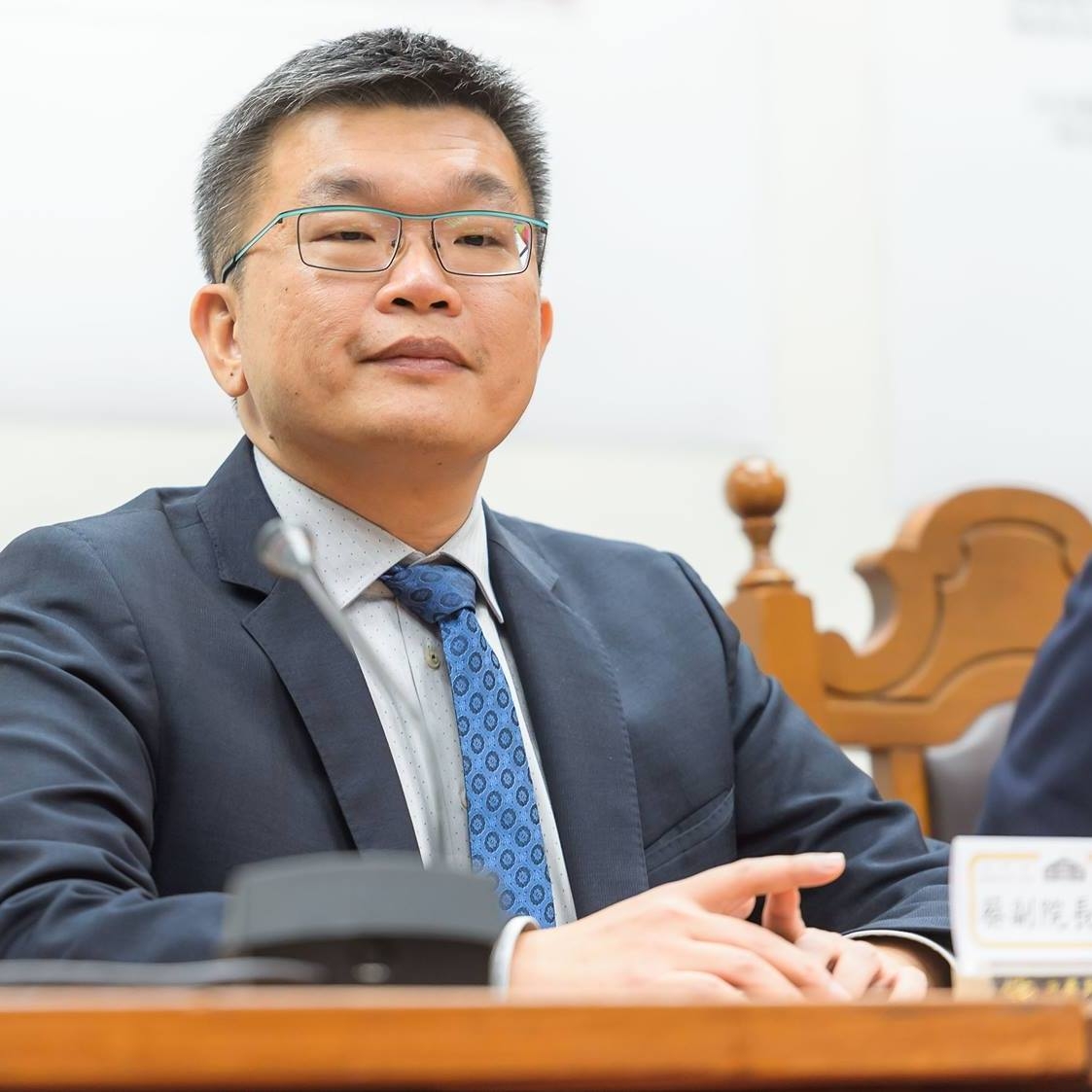
Tsai Chi-Chang is the Vice President of The Legislative Yuan. He is also the Chairman of the UN Sustainable Development Goals Advisory Council of the Legislative Yuan and the Commissioner of The Chinese Professional Baseball League.
Have you read?
♦ In crisis, a new era of opportunity for Taiwan-Europe business relations
♦ Why must Taiwan be a leader in the lithium-ion battery industry?
♦ When will Taiwan go Carbon Neutral?
Uploaded by Penny Chiang






